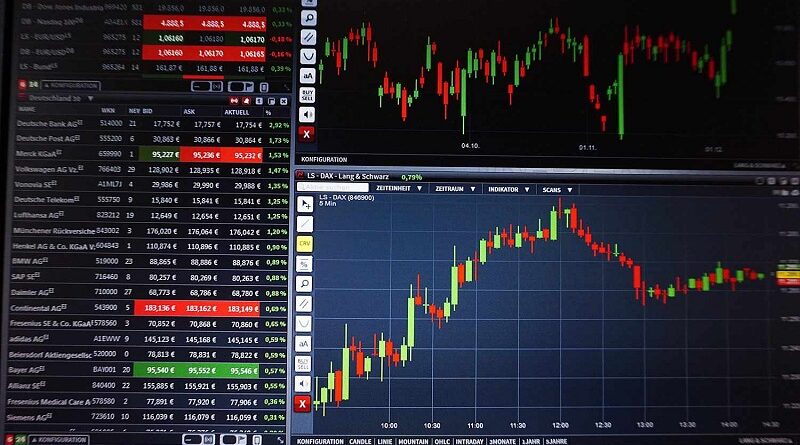Understanding Trading Hours and Their Benefits
Trading hours refer to the specific time window during which financial markets are open for trading. These hours can vary significantly depending on the market and its geographical location. For instance, the New York Stock Exchange operates from 9:30 AM to 4:00 PM Eastern Time, while the Tokyo Stock Exchange operates from 9:00 AM to 3:00 PM Japan Standard Time. Understanding these trading hours is crucial for traders and investors as it helps them plan their trading strategies effectively.
One of the primary benefits of trading during these hours is increased liquidity. Liquidity refers to the ease with which an asset or security can be bought or sold without causing a significant movement in its price. Higher trade volumes during regular trading hours improve liquidity in the market, making it easier for traders to buy and sell securities at desirable prices.
Price transparency is another significant advantage of trading during regular hours. As more traders participate in the market during these hours, prices become more transparent. This transparency makes it easier for traders to determine the fair market value of a security, thereby reducing the risk of overpaying or underselling.
The opportunity for quick execution of trades is another benefit of trading during regular hours. During these hours, you can execute trades promptly without delays, as markets are actively functioning. This is particularly beneficial for day traders who rely on the ability to quickly enter and exit trades to make profits.
Access to global markets is another advantage offered by trading hours. Depending on your time zone, trading hours may provide opportunities to engage with multiple global markets simultaneously. This allows for diverse investment options and the possibility of capitalizing on different market trends around the world.
Furthermore, many significant news events and economic data releases typically occur during trading hours. Being actively involved during these times enables traders to react promptly to market-moving information. This can be particularly advantageous for news-based traders who base their trading decisions on economic indicators and news releases.
However, it’s important to note that trading hours also have their limitations and risks. For instance, the opening and closing times of markets can often see increased volatility due to a surge in trading activity. Traders need to be aware of these periods and adjust their strategies accordingly.
In conclusion, trading during established trading hours offers numerous advantages for market participants. It enhances opportunities for successful trades and investments by providing increased liquidity, price transparency, quick execution of trades, access to global markets, and timely reaction to news events. However, understanding the dynamics of trading hours and being aware of the associated risks is crucial for effective trading strategies.




